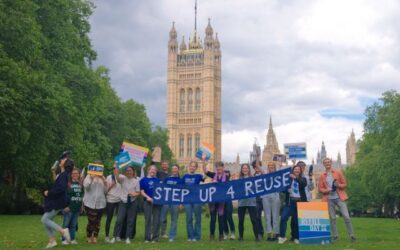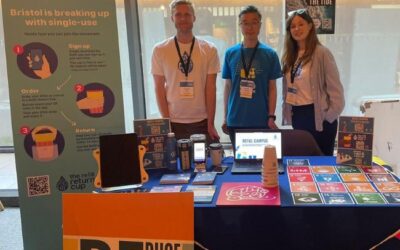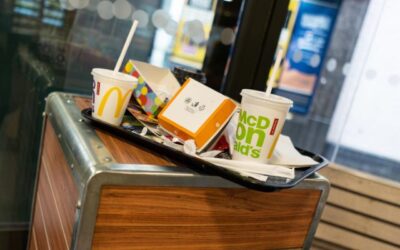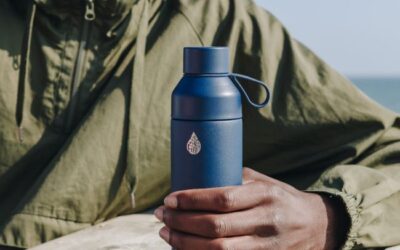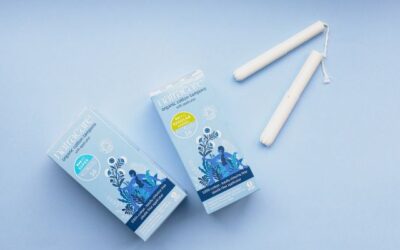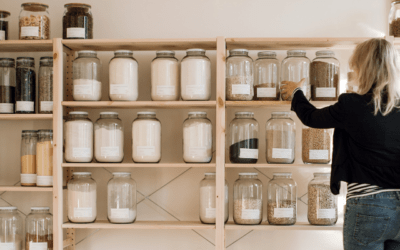Plastic ban is just a drop in a very polluted plastic filled ocean
The last few days we’ve been celebrating a big campaign win – the Environment Secretary has FINALLY said that a ban on some of the most polluting single-use plastics will come into force in October 2023. This will cover single-use items like cutlery, plates and polystyrene cups and trays.
This is something that we’ve been calling for now for years, it’s something over 118,000 of you called for through our petition and over 50,000 of you called for by responding to the Defra consultation.
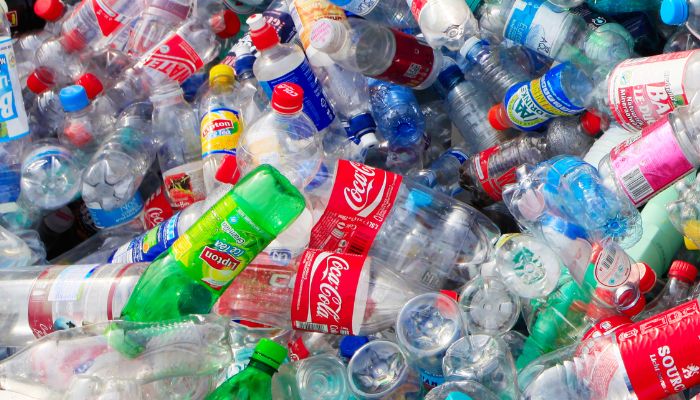
EU won’t believe it
We’ve said all along though, this new ban (which aligns with the bans that have already happened throughout the European Union) is only meeting the very minimum standards and the government could and should be doing so much more. This announcement is, at best, playing catch up with our neighbours. Not only are we late to the party, but we are also far from the most ambitious. The Welsh ban for example goes further than England in including single-use plastic bags. The French have banned all single-use inside cafes, bars and restaurants.
Just a drop in a very polluted plastic filled ocean
Getting these bans implemented by countries across Europe is a good first step in tackling plastic pollution. But it needs those who proclaim to be “global leaders”, like our government, to do more. We know that the major plastic polluters are using more plastic not less. PepsiCo for example increased its use of virgin plastic by 5% between 2020 and 2021. Meanwhile, Coca-Cola (the world’s biggest plastic polluter by some distance) upped its use by 3% and Mars by 11%. And we know the impact this is having on our natural environment; the OECD (not known for its alarmist statements) has said “Plastic pollution is growing relentlessly”.
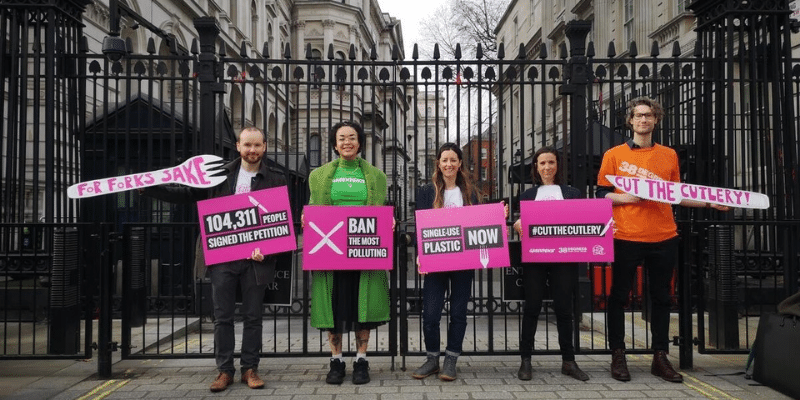
The pollution solution
We know what the solution to this problem is. at the very least we need legally binding targets for single-use plastic reduction. To help achieve that we need targets to increase reuse and refill as well as recycling. But these must all underpin a strategy and binding targets to reduce the root of the problem – plastic consumption and production. City to Sea has consistently called for a plastics strategy that sets out ambitious, realistic and achievable targets for the reduction in single-use plastics.
Turn the taps off
When you’re facing a flood, you don’t just try to mop it up, you turn the taps off. We need government to help do this by focusing on upstream solutions that prevent plastic pollution at source. This must be the core aim of their plastics strategy. This strategy should be based on an emergency response and could and should include:
- Government implementing an “all in” deposit return scheme that encourages refill and reuse over recycling (they promised a DRS in 2019),
- Legislating around EPR to make sure the polluter pays for the damage their products cause (something else they’ve been promising for years),
- A ban all pointless single-use packaging (WRAP have a great report for example of fruits and veg that DON’T need wrapping).
- We also need business to step up and implement their own reduction targets and strategies. Reducing plastic in some places while growing it’s use elsewhere isn’t a sustainable model.
Finally, we all need to be doing our bit as consumers and citizens by holding government and businesses to account and reducing our own plastic footprint as much as possible. We are taking the first steps in tackling plastic pollution, but the road ahead is long and hard. We will only make this journey if we walk and work together.

A final pizza advice
The media response to the ban has been, at best, alarmist. This was LBC’s Nick Ferrari panicking how he would still eat his kebab on a Friday night. Our Policy Manager tried to reassure him that all the items that are on the list of items to be banned are there because they can easily be replaced or done without.
So, our pizza advice (gettit) is don’t panic. This proposed ban, when it FINALLY kicks in next October, will have very little impact on the average consumer. It will mean you might be given wooden cutlery for some takeaways rather than plastic and you might see an increase in lined cardboard boxes but as we said to Nick Ferrari, you WILL still be able to get your kebab.
GET THE LATEST FROM OUR BLOG
Calling for Policy Change
Calling for policy changewhat we’ve been up to in 2024Read about our work calling for legislative change to take action on plastic pollution! At City to Sea, we have a history of calling for policy change through our campaigns and advocacy work – with record...
Plastic Free University
Plastic-Free UniversityWhether you’re a fresher or returning to uni, our top tips for reducing single-use plastic – and saving money - will help you start the new term As a student heading to university, there’s a lot to think about—meeting new people, finding your...
Single Use Plastic Ban in Dine-in Settings
The EU is banning single-use plastic in cafesit’s our #TimeToKetchup The EU is banning single-use plastic packaging in cafes and restaurants by 2030. The UK hasn’t even started studying this idea. We think it’s #TimeToKetchupEarlier this year, we launched a new...
Break up with Single-Use for Plastic Free July
Break up with single-use this Plastic Free July10 easy things you can do this month to reduce your plastic use It’s Plastic Free July, and what better time to begin cutting out unnecessary plastic from your life than today? To help get you started, we’ve pulled...
Planet-Friendly Periods with Natracare
Planet-friendly periods with NatracareLet’s #BeKind to our bodies and the planet A bloody good period for everyone. Here at City to Sea, we’re committed to ensuring everyone has a bloody good period. Since 2017, through our Plastic-Free Periods campaign, we’ve been...
Attitudes Towards Refill and Reuse in the UK
Attitudes towards refill and reuse in the UKour latest behavioural insights about reuse in the UKThe results are in! In conjunction with Obsurvant, we undertook a consumer survey in March 2024 in the UK to keep track of awareness and attitudes towards plastic...


